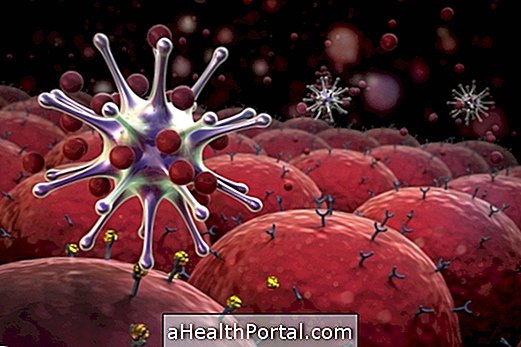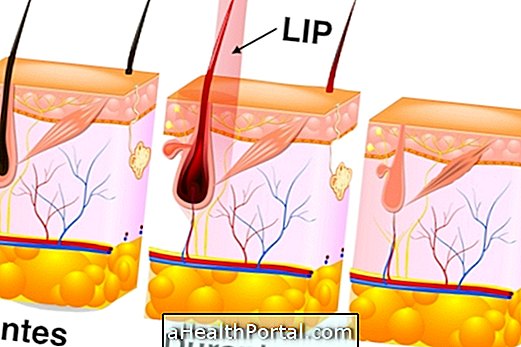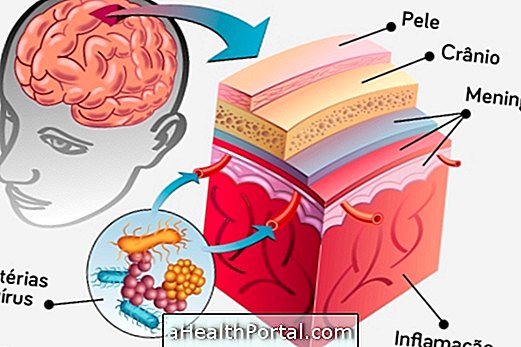Dendritic cells are important cells of the immune system that have the function of capturing microorganisms that are harmful to the body; then they present these microorganisms to the T or B lymphocytes, which are cells responsible for regulating the immune system, defending the body against possible diseases.
Due to this action of capturing and presenting parts of organisms foreign to the immune system, dendritic cells are part of the group of antigen-presenting cells.
So when the immune system feels threatened, it activates this type of cell to identify the threat and eliminate it properly. In this way, if the dendritic cells do not function properly, the immune system has more difficulty defending the body, there is a greater chance of developing a disease or even cancer.

Main types of dendritic cells
Dendritic cells are divided according to where they are produced and their function:
- Plasmocytoids are subtypes of dendritic cells formed in the bone marrow, which are especially associated in defense against viruses and stimulation of T lymphocyte function.
- Myeloid or conventional: they also originate in the bone marrow and are located essentially in the blood and tissues of organs such as the heart and kidneys. They help to identify and eliminate viruses, bacteria or worms through the activation of T lymphocytes.
- Follicular : are formed in the lymph nodes, and activate B lymphocytes, also responsible for eliminating various types of microorganisms.
In addition, according to their location in the body, these cells may be further divided into other subtypes such as interdigitating or circulating Langerhans cells, for example.
How they can help treat cancer
Dendritic cells have been used for the development of cancer vaccines because they facilitate the recognition and elimination of cancer cells throughout the body.
To do this, in the laboratory, the dendritic cells are placed in contact with samples of tumor cells, making them able to more easily eliminate the cancer type of the patient. Then these cells are injected into the patient to help the immune system fight off cancer.
Here are some ways to improve and strengthen the immune system.






















